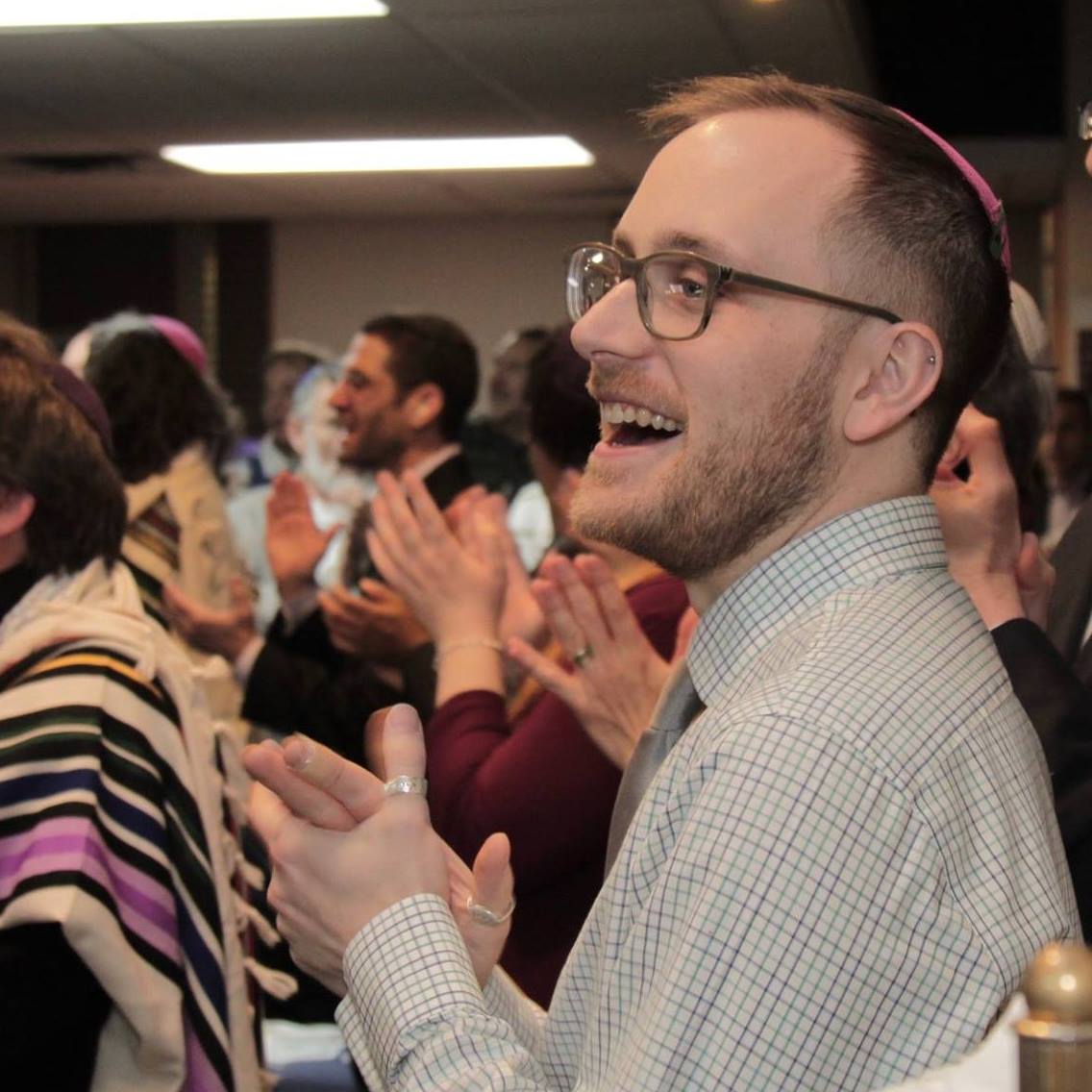As I noticed the bumper stickers on the back of the car, I felt my breath catch in my throat. I turned my head as I passed to peer into the window at the driver, trying to see what kind of person would want to “make America great again.” What kind of person would want to undermine the rights and lives of my family and friends? It was not the first time I had seen such bumper stickers, but having lived in blue states and districts my entire life, it is not a frequent occurrence for me. The idea that almost half our country voted for our president, over a year later, still leaves me disoriented and with fear. If I am honest with myself, there is a part of me that sees these voters almost as a different species. Something about our senses, our hearts, our minds must be essentially different from each other to experience the world so differently and arrive at such vastly different conclusions about what is good for our world. I have fear of this species. Are they my enemy? Do they want to work together? Do I?
When God instructs Moshe to speak with Pharaoh before the first plague, God uses the command “lech” (Ex. 7:15), meaning “go,” telling Moshe that he should go to Pharaoh. At the beginning of this week’s parashah, God says to Moshe, “bo el Paroh/come to Pharaoh” (Ex. 10:1). With these two commands, “lech” and “bo,” “go” and “come,” we find an invitation to wonder about the difference between going and coming to our enemy. As we imagine the scene of God telling Moshe “lech,” we can see God standing with Moshe, with Pharaoh off in the distance. In this imagining, God has Moshe’s back, God is on his side, God is giving Moshe his marching orders towards justice. When I began my own journey of pursuing justice, this was the God that I knew. The God that agreed with me. The God that sent me forward to tell others how wrong they were. This command “lech” is necessary. A certain amount of righteous indignation pushes us toward a vision of a more redeemed world, inspiring us to act, and giving us courage. To approach and challenge those maintaining structures of domination over us requires this kind of knowledge of God. But this is not the only knowledge of God required for liberation.
If we imagine the scene from this parashah, with God saying “bo/come,” Moshe becomes the one who is far off while God stands with Pharaoh. If Moshe is to “come” to Pharoah, then we must acknowledge that God is not only with Moshe, but also with Pharaoh—God is with our oppressor. This is an unnerving thought, that God stands with those who head oppressive regimes and benefit from slave labor. Yet God’s presence with Pharaoh does not mean that Pharaoh is right. God being with Pharaoh does not negate the call for justice nor render Pharaoh innocent. On the contrary, the story overwhelmingly tells us otherwise. Liberation and justice are inevitable and fully desired by God.
If God being with Pharaoh does not mean that Pharaoh is right, what does it mean? In this week in which we celebrate the life and legacy of Rev. Dr. Martin Luther King Jr., the answer may be with bell hooks writing in conversation with King’s sermon, “Love Your Enemies.” hooks writes, “One of the powers of subordinated groups is the power to demonize those who are in dominant positions. This demonization may serve to manage the fear and anxiety that usually abounds in situations where dominator culture is the norm, but it is not useful if our goal is to intervene and change structures and individuals.”¹ God standing both with Moshe and with Pharaoh, both with us and with those we see as our enemies, means we cannot demonize. We can disagree, we can be fearful, we can be angry, but we cannot demonize. If God stood with Pharaoh then, God surely stands with Pharaoh now, no matter how tempting it may be to live as if this were not so.
Both “lech” and “bo” are required for liberation. We must know that God stands with us and we must know that God stands with Pharaoh. We must hold this paradox of God-knowledge as we approach those we see as Pharaohs in our own life. When I passed the bumper-stickered car on the street, I was looking for a demon through that passenger side window, not a God-accompanied human. I could only feel God’s call of “lech,” urging me righteously forward. Our work is to hear the quieter call of “bo,” gently drawing us towards God’s holy creation, Pharaoh.
¹Teaching Community, page 74
Rabbi Alex Weissman is the Senior Jewish Educator at Brown RISD Hillel in Providence, RI and an alumnus of the T’ruah Summer Fellowship in Human Rights Leadership.


